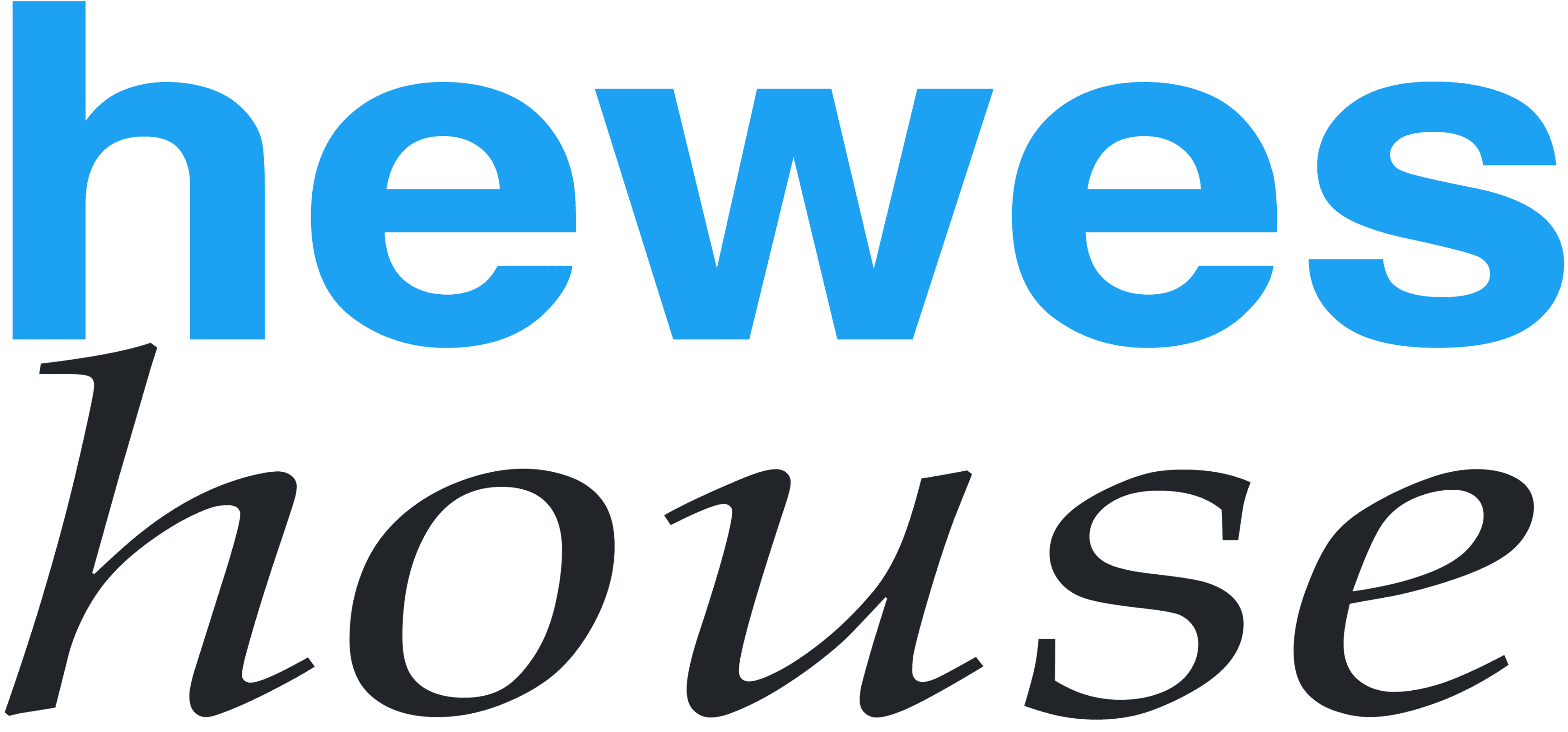Why Writers Excel at Avoiding Writing
Sep 4, 2025
Every writer knows the feeling: you sit down with your best intentions, ready for that focused writing session, only to find yourself suddenly fascinated by email organization or furniture shopping. If you're struggling with writing avoidance, you're not alone—and recognizing these patterns is the first step toward developing a healthier relationship with your creative practice. As experienced writing mentors, we've seen how even the most dedicated writers can develop sophisticated avoidance strategies without realizing it.
The Sneaky Art of Writing Avoidance and Creative Procrastination
The moment you recognize you're being avoidant is both enlightening and embarrassing. Picture this: you're at a cafe that intentionally doesn't have wifi so you won't get distracted, but then you find yourself tethering your computer to your phone just to check an email that absolutely doesn't need checking. You sit down with your cafe au lait (because your stomach isn't what it used to be), ready for that long stretch of focused writing time. Instead, you manage two or three paragraphs and suddenly feel restless.
That's when the mind starts its familiar negotiation: "Well, I can just check my email now." And there they are—nine messages that apparently need addressing "exactly right now." Spoiler alert: they will just wait. But in that moment, your brain insists otherwise. This kind of creative writing procrastination becomes a familiar companion that many writers don't recognize until they start tracking their actual writing habits.
This is the kind of behavior you get up to when you're trying to avoid writing, and it becomes so obvious when you reflect on it later. The tricky part is catching yourself in the moment, recognizing that what feels urgent is often just your mind's creative way of escaping the blank page.
How Inconsistent Schedules Fuel Writing Procrastination
Freelance life offers incredible flexibility—theoretically, if someone handed you two tickets to Aruba tomorrow, you could pack up your work and go. But that same flexibility can become a trap when clients pile on work and hours multiply beyond what you anticipated. Without a consistent work schedule, maintaining a consistent writing schedule becomes genuinely difficult. The solution usually involves claiming that sacred morning time before email gets to you, that small stretch where it's not yet necessary to spring into your inbox or deal with text messages or run through work to-do lists. You can just write and get things done.
But when that protected time disappears for several days, the effects ripple through everything. Quality of life varies directly with how much your writing schedule varies. Sometimes you think you can compensate with bigger chunks of time, doing "cheat math" to catch up, but there's something irreplaceable about having even a little bit of time to write every single day. It makes you a more composed, happier human. When you lose that rhythm, life itself starts feeling variable and scattered.
When you're working on manuscript development, these avoidance patterns can derail months of progress if left unchecked. The inconsistency creates perfect breeding ground for the mind to negotiate its way out of difficult creative work.
Getting Good at Bad Habits: A Developmental Editing Perspective
Here's something that hits you while walking home in the rain: you get better at anything you do consistently, and that cuts both ways. You can become remarkably skilled at avoidant behavior, at having a scattered schedule, at choosing not to do something or procrastinating. You can get really good at not organizing your brain with proper to-do lists, at not prioritizing ways to make your body feel better so you don't have weird problems at the end of the day.
The same neurological pathways that help you improve at description in writing or develop a steady process also strengthen when you practice avoidance. This realization comes from studying how psychologists and researchers work with athletes—people doing something consistently with specific measured goals. But most of us don't realize we're getting good at bad behaviors because something that feels like poor behavior one day feels like a necessary coping mechanism another day.
The most effective fiction writing mentors understand that addressing procrastination requires looking at both practical and emotional factors. The key is tracking when you're being avoidant or dissociating, then thinking you don't have time when you actually totally have time. You have time for the things you need to do—you probably could have organized that furniture list months ago. How you spend your day ultimately is how you spend your life, which is why tracking what you allocate your attention and time to becomes such a powerful reflection of how you're actually living.
The Overwhelm Trap and Decision Paralysis
When someone discovers the vast possibilities of fiction writing, the excitement can quickly transform into paralysis. After months of doing free writes and building something that intrigues you enough to continue, suddenly you're facing an overwhelming menu of choices: should you write a scene, develop a character, research setting, plot, learn to craft tension? The answer feels like "yes to everything," which is exactly the problem.
This overwhelm creates perfect conditions for avoidance because there are so many legitimate directions to pursue. The solution involves working from what you won't do rather than trying to tackle everything simultaneously. Don't stop in the middle of drafting a story that excites you just to do research—make notes about things to fact-check later. Don't pause your drafting to create character sheets or do development exercises outside the story itself.
When you're first drafting, you're trying to see the big tectonic plates, the geographical parts of your story world. Details like what the weather was on a specific date in a specific place can wait. You can just write "it was raining" and research the actual meteorological facts later, after you discover whether that scene even survives to the final draft. The research holes are real and can yield interesting insights, but not during first drafts when your job is simply to see the story through to the end.
Moving Forward: Practical Writing Procrastination Help
Understanding avoidance is about recognizing the sophisticated ways our minds protect us from the vulnerability of creating something meaningful. The solution isn't willpower, but gentle, consistent redirection toward the work that calls to you.
If these patterns feel familiar, you're in good company. At Hewes House, we know that the creative process involves as much inner work as craft development. Sometimes the kindest thing we can do is acknowledge our resistance, understand its purpose, and then show up to the page anyway. Your future self (and your story) will thank you.
Ready to write?
Submit a message and we'll arrange a conversation with one of our founders—a chance to talk through what you're hoping to accomplish. From there, we'll connect you with the coach who's right for your project.


Josh Boardman, Founder
Ben Griffin, Founder

